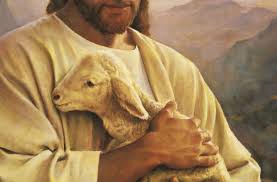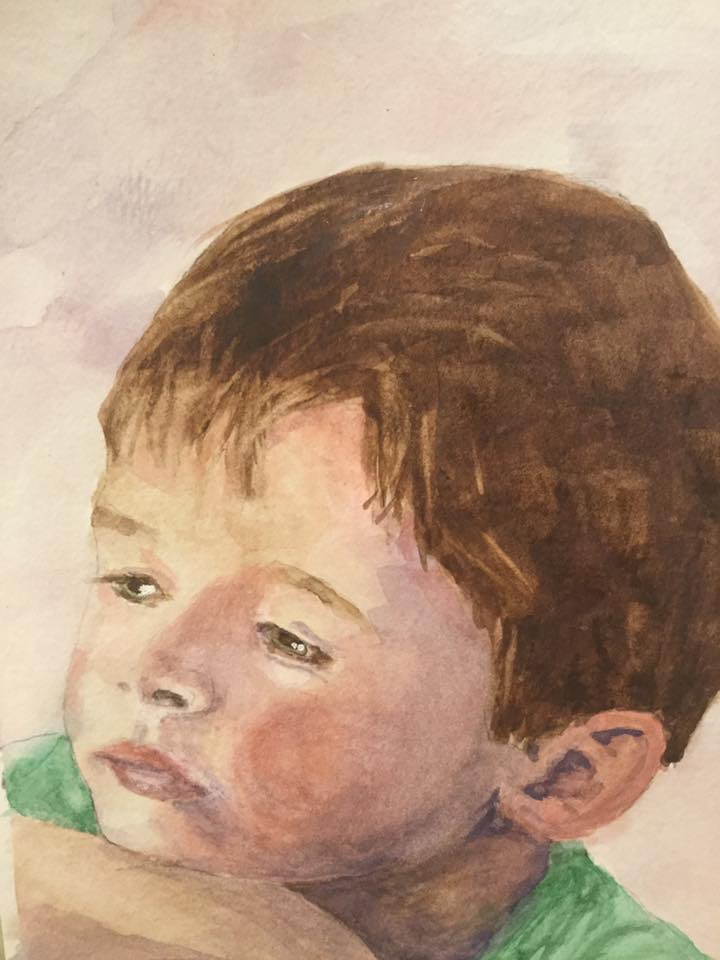Background Passages: 2 Timothy 4:3-4, 2 Timothy 2:15, 2 Corinthians 13:5, and Psalm 139:23-24
I’ve taught Sunday School to one age group or another since I was 18 years old. To keep you from doing the math in your head, that’s 48 years.
I always felt that those who taught Sunday School carried an extra burden to prepare a lesson that was meaningful and applicable to those who would hear it. I wish I could tell you I diligently prepared every lesson I’ve taught, but I really can’t. There were too many times when the distractions of life got in the way. Shame on me.
As a child I can remember laying on the floor of our den watching television or playing a game while my Mom and Dad sat in their recliners studying the lesson they were going to teach that Sunday. To hear them dissect and discuss what they were reading made an impression on me. Faith requires a lot of self-examination; questioning what we believe and why we believe it.
Paul offered a word of encouragement to Timothy, a young pastor in Ephesus, that I want to extend to you. It serves as a good reminder to me every time I prepare a lesson or when I sit down to write a Bible study like this one. Paul wrote:
“Do your best to present yourself to God as one approved, a worker who does not need to be ashamed, and who correctly handles the word of truth.” 2 Timothy 2:15
Whether we teach or not, we have an obligation to study God’s word so we can interpret and apply it correctly in our daily lives. Paul wanted Timothy to put in the good work. To serve in such a way that when judgment came, he could hold his head up knowing that he did what God asked of him.
To be able to do so requires us to know the word of God well enough that we can apply it effectively and correctly in every life circumstance.
I know my natural tendency would be to filter scripture through my preconceived ideas of how the world should be. There is even a temptation to bend the scripture to fit those preconceptions and biases. Truthfully, that’s spiritual laziness at its best.
Socrates, I think, would have understood this. The ancient Greek philosopher was sentenced to death in 399 BC for his controversial teachings on the nature of politics and religion. His accusers felt as though he was corrupting the young people of Greece. He was just trying to get them to think on their own rather than take all of life for granted.
At his sentencing, the tribunal gave him an ultimatum…spend the remainder of his life in exile or die. Knowing that his students needed to challenge their thinking in order to grow and learn, he could not simply leave. Facing death, Socrates said, “The unexamined life is not worth living.”
This famed teacher of Plato believed the ability to ask, examine and understand yourself and the world around you would make you a better person. To Socrates, self-examination was critical. I suspect this is what he meant when he taught his pupils to “know thyself.”
Life is confusing in the best of times. These are not the best of times.
Bombarded each hour by formal and informal news and social media outlets, each with an apparent internal bias, our ability to separate fact from fiction grows severely compromised with each passing day. We end up grasping for the easy and comfortable tidbits that conform to our personal biases without searching our own hearts and minds for truth. We just accept or reject it what we read or hear depending on how it fits with our personal views, giving no credence to the thought that we might be wrong.
What’s true in life is true in faith. When we live content to rest upon our preconceived notions without serious and constant examination, taking everything at face value depending on how it connects to those preconceptions, we sit on a perilous perch.
It is awfully easy to accept Christ as savior and do little with it. We learn the rudiments of faith and stop learning what it really means in the nitty-gritty of life to be a follower of Christ.
The truth is that living an unexamined spiritual life will produce mediocrity almost every time. Paul encouraged Timothy to “correctly handle the word of God because…
“The time will come when people will not put up with sound doctrine. Instead, to suit their own desires, they will gather around them a great number of teachers to say what their itching ears want to hear. They will turn their ears away from the truth and turn aside to myths.” 2 Timothy 4:3-4
Isn’t that our way? Our personal biases filter God’s word, rejecting any message that “corrects or rebukes” our limited understanding of what it means to live for Christ.
I am a work in progress when it comes to understanding who God is and what he requires of me as a Christian in today’s world…and I’ve been at this a very long time.
Here’s what I’ve learned over the years. As I study, as I question, as I examine my own beliefs and understanding, God shapes, clarifies, expands, changes and challenges my definition and application of faith. I realize I don’t know one-half of what I thought I knew.
I don’t pretend to have all the answers. When I write these Bible studies, they are personal. I’m writing what I’ve learned and what’s on my heart. What I write is my attempt to show what I think God is teaching me as a life-long learner in God’s kingdom. Please read them through the inquisitive mind of self-reflection and self-examination.
To be effective in one’s Christian walk one must examine one’s thinking. That is, indeed, a treacherous journey into our hearts…into the deep inside of us that only we and God know.
We hear many sermons and Sunday School lessons on how to live a Christlike life, sharing God’s love with others, showing compassion and mercy to the world around us. These things emphasize service as the hallmark of our obedience to God.
Sustaining that work to any great degree is impossible without growing our inner self. Reflective examination of all we believe.
God can be the same yesterday, today and tomorrow. We cannot. A life lived on spiritual autopilot, following the easy path, takes this amazing gift and grace of God for granted. It is a life without reflection and, consequently, without much understanding.
The unexamined life reduces our existence to a set of tasks that we think we must do to earn God’s love. God’s grace doesn’t work that way.
The Corinthian church had faltered, surrendering the moral high ground to the world around them. Paul exhorted them to stay on the right path. He urged them to constantly looking inward…check the heart and mind…set aside their personal assumptions. It’s written as a critical imperative.
“Examine yourselves to see if you are in the faith; test yourselves.” 2 Corinthians 13:5
The author of a blog on the Toward Conservative Christianity website wrote it this way. “As reflection and contemplation wither, inevitably wonder, awe and worship suffer as well. It comes down to our willingness to ask ourselves, ‘Why do I believe that?’, and then searching for the answers in God’s word.”
God, through his spirit, is more than willing to help with that process. As the Psalmist said,
“Search me, God, and know my heart; test me and know my anxious thoughts. See if there is any offensive way in me, and lead me in the way everlasting.” Psalm 139:23-24
It seems to me that God’s spirit reveals those answers to us based on our ability to understand in this moment, giving us the time and insight we need to reach the next level of spiritual growth…then the next…then the next. I know it has worked that way for me.
He’ll do this for us as long as we keep searching. For as long as we keep searching, he’ll keep opening our eyes to the wonder of who he is and what he requires of us.
At least that’s the way it appears to this one who is still learning.









